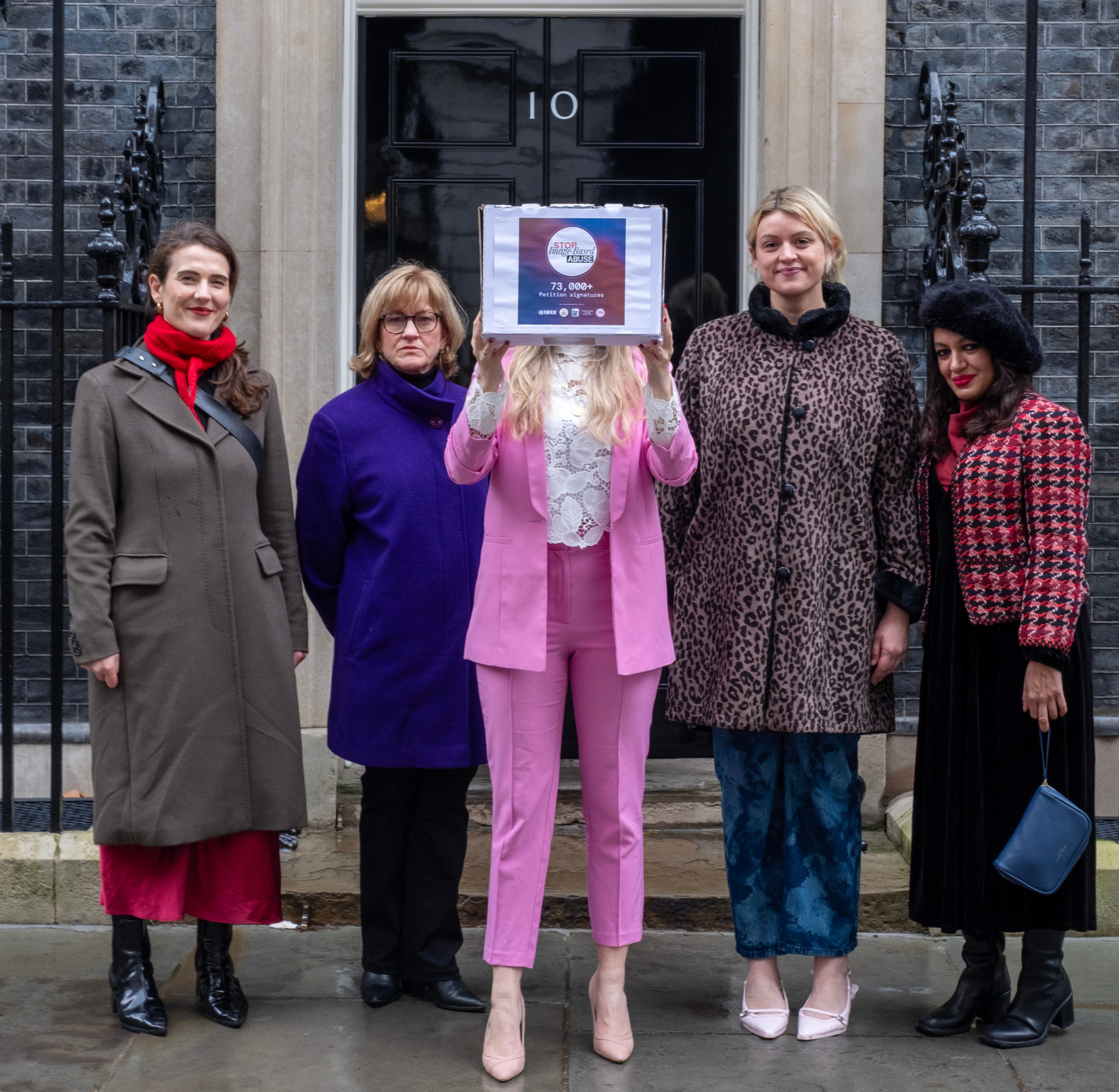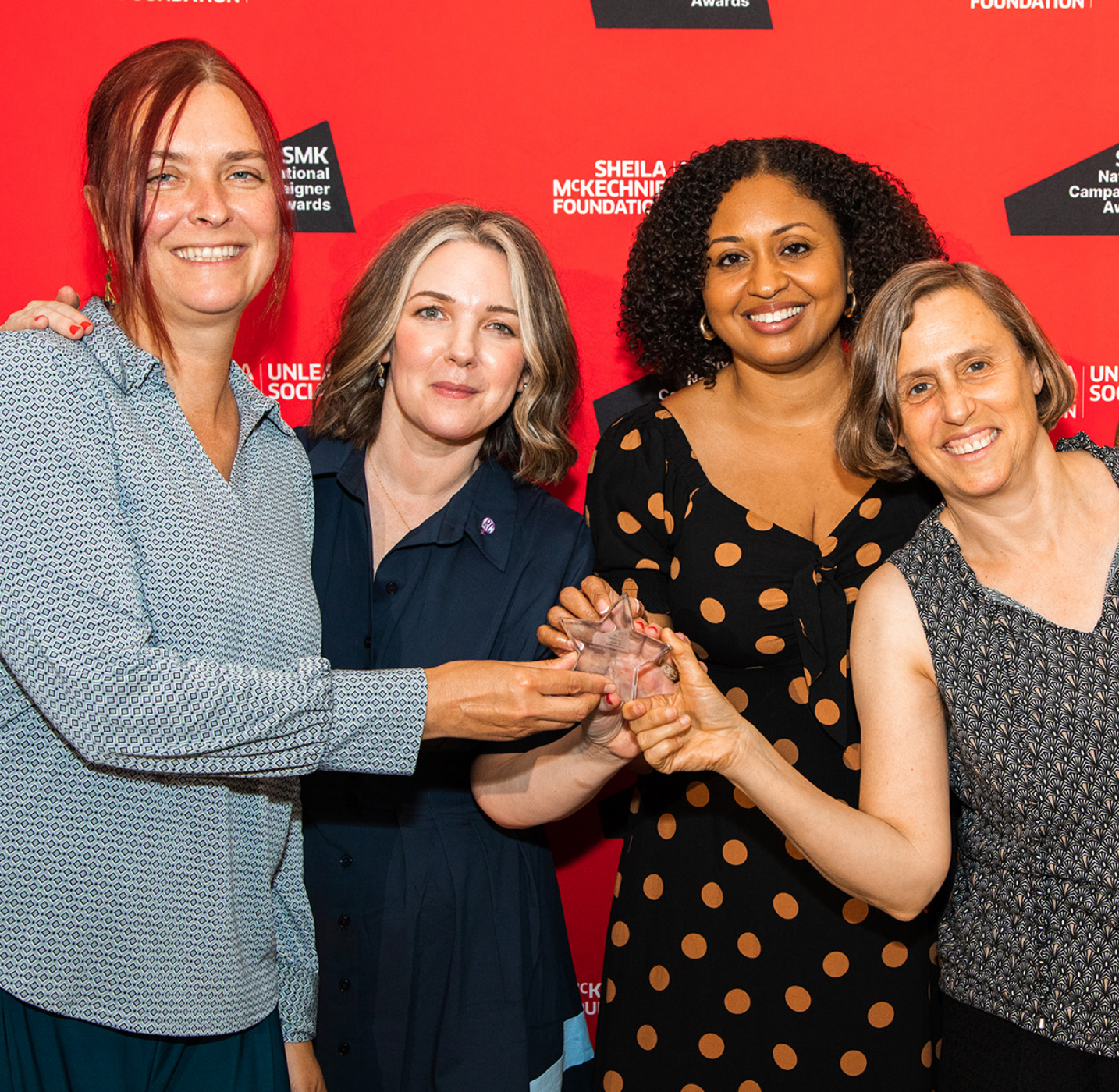 06 Feb
06 Feb
The government’s response to the Women and Equalities Committee report on tackling non-consensual intimate image abuse (NCII) represents “a missed opportunity to deliver justice for survivors and prevent future harm”, says Andrea Simon, Director of the End Violence Against Women Coalition, a leading voice in the campaign to end image-based sexual abuse.
Despite the Committee’s clear and practical recommendations being backed by survivors, experts and frontline services, the government’s response has rejected many of the most urgent proposals, including:
- Criminalising possession of non-consensual intimate images (NCII)
- Extending prosecution time limits to account for delayed discovery, so victims aren’t locked out of justice
- Creating a fast-track civil process to order takedown or block access to harmful content
- Mandating internet infrastructure providers (IIPs) to act against NCII content hosted overseas – blocking abuse at its source
Andrea Simon, Director of the End Violence Against Women Coalition (EVAW), said:
“In failing to deliver on the Women and Equalities Committee’s proposals, the government risks leaving victims of online abuse behind. Its refusal to act on the very changes survivors say would make the biggest difference—like timely takedowns and justice routes that don’t take years—is at odds with its public commitments to halve violence against women and girls in a decade.”
The Women and Equalities Committee’s report revealed that 10% of intimate images shared without consent remain online, often hosted overseas and on dedicated abuse sites. Without legal tools to compel IIPs to block this material, survivors are left exposed indefinitely.
The government has argued that current systems under the Online Safety Act are sufficient, but these systems have been described as minimalist and narrow and focus on platform compliance, not survivor redress. Ofcom, the regulator, cannot take down individual content and is not required to report on effectiveness until 2028.
Responding to this delay, Andrea adds:
“For victims of this abuse, waiting three years for a progress report isn’t just unhelpful—it’s harmful. Survivors need urgent action to address the continually evolving and increasing threat posed by non-consensual intimate image abuse.”
Jodie*, a campaigner and survivor of deepfake abuse, said:
“This response is a devastating letdown. Survivors and campaigners have spent months, or in many cases, years, sharing painful testimony, engaging with policymakers, and putting forward clear, workable solutions. We equipped the government with everything it needed to act decisively.
The Women and Equalities Committee laid out simple, vital steps. These are not radical asks; they are basic protections that reflect the scale and urgency of the harm and the humanity of the victims at the centre of it. By rejecting these recommendations, the government is choosing delay over action.
Every day this abuse goes unchecked, more lives are upended. The government must do better and I urge them to reconsider next steps.”
With the government stating that image-based sexual abuse will be part of the upcoming cross-government VAWG strategy, the End Violence Against Women Coalition will be watching to see how meaningfully it engages with this issue.
While we welcome the increase in funding for the Revenge Porn Helpline, this is currently only on a one-year basis rather than the multi-year commitment needed to meaningfully tackle this rapidly growing form of abuse.
We also welcome moves to criminalise the creation of deepfakes, and to base the new offence on consent rather than the perpetrator’s intent – something we had campaigned for alongside Jodie*, Professor Clare McGlynn, #NotYourPorn and GLAMOUR UK.
However, these wins do not go far enough to address the systemic failings survivors continue to face.
We join the Women and Equalities Committee in urging the government to table an amendment to the Crime and Policing Bill to make possession of non-consensual intimate images an offence – meaning they would be treated in the same manner as child abuse images – and help ensure IIPs block or disrupt access to such content, including that which is hosted overseas.
Join our campaign to #StopImageBasedAbuse
ENDS
Media contact
Sinéad Geoghegan, Head of Communications, media@evaw.org.uk 07960 744 502[/vc_column_text][/vc_column][/vc_row]
Recommended ARTICLES
 06 Feb
06 Feb
 15 Jan
15 Jan
 12 Jan
12 Jan
